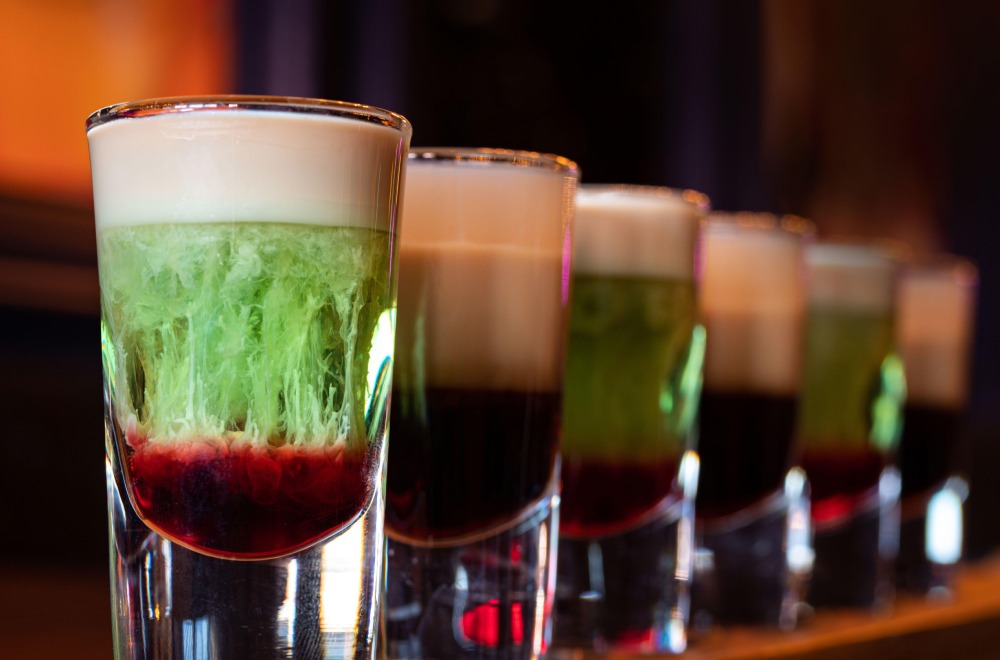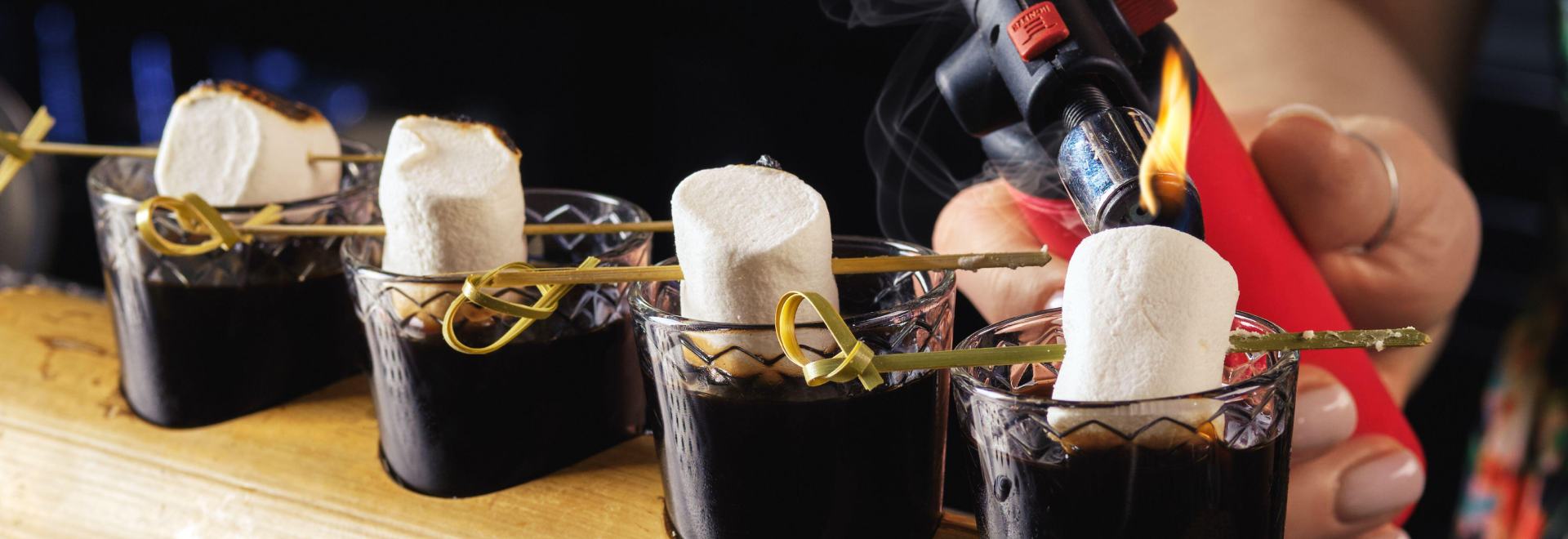Is evening coffee becoming more popular?
Ashe Samuels speaks with Vladyslav Demonenko to explore why and how an increasing number of people are coming to enjoy an evening coffee
For quite some time, the way that people drink coffee has been changing. It seemed inevitable, then, that it would cease to be limited by the daytime, and break into the night.
Historically, traditional 8am to 4pm operating hours haven’t given cafés much time to generate sales. However, the industry has evolved in recent years in a way that allows businesses to extend this window, and serve evening coffee.
For example, as a more health-conscious, younger demographic enters the consuming market, many are shifting away from alcohol and seeking spaces that provide an alternative to bars. In some cases, an evening coffee has become a popular choice – whether in a coffee shop, or at home.
“Coffee is often associated with social gatherings and spending time with friends,” says Vladyslav Demonenko, Ukrainian Brewer’s Cup Champion and World Vice Champion of Coffee in Good Spirits 2022. “In Ukraine, filter coffee is a popular choice for evening parties, along with craft beer or natural wine.”
Many find superautomatic coffee machines ideal for serving café-quality drinks at parties. For example, Carimali’s SilverTwin can create a variety of beverages at the touch of a button, making it especially useful when hosting guests. Furthermore, their ease of use frees up hosts to enjoy their company instead of worrying about the brewing process.
As more individuals become dedicated to home brewing, and seek to improve the quality of the coffee they drink in the house, they are also increasingly focused on creating quality coffee cocktails. In other words, the coffee prosumer has also become the at-home mixologist.
In this case, a superautomatic coffee machine offers the advantage of reliably producing a consistent and delicious shot of espresso. This allows the user to concentrate on the mixology aspect without having to worry about the coffee’s quality.
“With a superautomatic espresso machine, you can create a solid base for your drinks and let your imagination run wild,” says Vladyslav. “It’s simple – get nice beans and open a new world of coffee drinks.”

Caffeine + alcohol
Cocktails serve as the primary and most obvious gateway for coffee into the evening hours. Nevertheless, caffeine is frequently consumed at night for other reasons. For instance, if someone feels sluggish, they might have an espresso shot to boost their energy.
In a similar way, people may drink coffee to mask drunk behaviours, making them feel more alert or capable than they truly are. This can have dangerous consequences – not only because they may lose a sense of awareness, but also because it can give them a false sense of being able to consume more alcohol – leading to a risk of excessive drinking and the ramifications that come with that.
Furthermore, recent health studies advise against mixing alcohol and caffeine due to the heightened risk of dehydration, potentially causing dizziness. For this reason, many people choose to keep the two separate on their nights out.
This doesn’t mean that caffeine doesn’t become a part of their party experience somehow, however; but this typically happens the following morning.
“As someone with a medical degree, I can confidently say that coffee is not a cure for a hangover, ” Vladyslav says. “While coffee can help with focus, it’s not a solution if you’re already feeling unwell.”
Ultimately, if you’re choosing to mix caffeine and alcohol, it’s important to do so in moderation. However, enjoying an occasional evening coffee cocktail won’t harm anyone, and it creates an exciting opportunity for coffee to enter the nighttime.
The future of evening coffee
Indeed, this could be an exciting moment for coffee and alcohol.
There are already a number of RTD coffee cocktails on the market, with espresso martini cans having a regular presence in some major food stores, for example. However, this segment is still in its infancy. As the global demand for RTD explodes, coffee cocktails have real potential to thrive within this expanding market.
Beyond RTD, Dunkin’ Donuts has already recognised the potential of coffee and alcohol. Last month, the US coffee and doughnut company released its “Spiked” range of hard coffees. Such a commitment by a major brand to the coffee and alcohol segment is a sign that this may really just be the start.
It could also indicate something else. Dunkin’ is a leader in providing convenience in the coffee industry. Out of its traditional locations, 59% operate a drive thru, and those units have 23% higher sales volume than other traditional locations.
What Dunkin’s Spiked Coffees show is that convenience will be a major driving force within the coffee and alcohol segment – something that’s reinforced by the growing popularity of RTD coffee cocktails.
This may be at odds with the traditional idea of how hard coffee is consumed – for example, being savoured at a bar. However, convenience shows no signs of slowing down, and is indiscriminately shaping all segments within the coffee industry.
As such, while evening coffee is an example of the industry breaking free of its conventions, it is likely that it will still be governed by the same factors as in the daytime. As more brands begin to offer their own version of hard coffee, or however they choose to respond to the growing demand for evening coffee, the trick will be in the interplay between providing an exciting, high-quality product and delivering it to the market in a convenient way.







